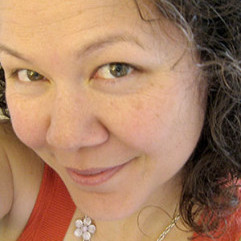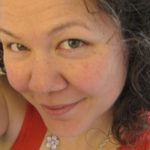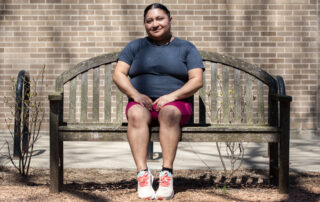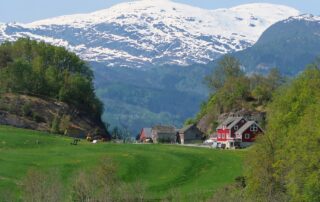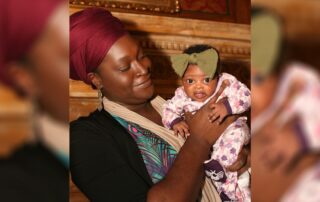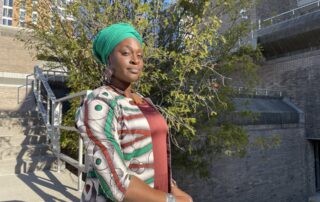Crystal Chan grew up a mixed-race kid in Wisconsin. She tells us she’s been finding her place and answering people’s questions about her place ever since.
==
I’d give my routine answer.
“My dad is Chinese and my mom is white, so I am half and half.”
Sometimes people would cock their heads, confused. Sometimes they would ask how my parents could ever have possibly met. Sometimes their eyebrows would raise and they would say, gosh, you’re so exotic.
In the beginning, I liked their questions and their various reactions. I’d make people guess what I was, and I’d get everything from Russian to Filipino to Greek to Spanish. No one would ever guess correctly. And as I got older, when I tell people the truth, sometimes they would retort that I’m wrong. I’m not half-Chinese.
On more than one occasion, someone demanded that I show my driver’s license as proof. Proof of my own existence, I guess. Later on in college, the question “what are you?” started to bother me. First of all, why am I a “what” when everyone else is a “who”? And more importantly, I wasn’t sure why the question mattered so very much in the first place.
Once, someone stared at me from the other side of the street, crossed over and demanded to know what I was. Like most cases, she didn’t want to get to know me. When I told her what my mix was, she muttered: “I knew you didn’t fit,” and promptly walked away. I
t’s said that the United States is a melting pot, but I’m not sure that we as a country, across the generations, are comfortable with the realities of that melting. Maybe we prefer more the tossed salad approach? Different items thrown in together, but still separate. If the melting pot image is at all true, then this country has an insatiable hunger to know what exactly is being melted together.
I get the exotic line frequently, meant always as a compliment. “Oh, I’m so plain. But you are so exotic”, people would say.
But when I look in the mirror, I wouldn’t see anyone exotic. I just see plain old me. Exotic means something doesn’t grow naturally in its habitat, that it’s from another part of the world, that it doesn’t quite belong. Wisconsin was where I was born and raised. I know the country roads.
How could I possibly be out of place? How could I possibly be exotic? It took me a long time to realize that the word ‘exotic’ reflects only the speaker’s perspective, not at all what or who the person is speaking about. For example, an orchid is exotic in Wisconsin. Snow is exotic in Singapore.
I’m waiting for the day when the word ‘exotic’ won’t pop up anymore, when I give my racial background. (That’s) because we’ll be used to race as mixing no matter where we live. In the meantime, I look forward to conversations where race is not a point of alienation or objectification, but a starting point for dialogue, where we can celebrate our uniqueness as well as our points of deepest connection. When people now tell me I’m exotic, I smile and thank them for the compliment, knowing also that the humid smell of cornfields runs deep in my blood.
